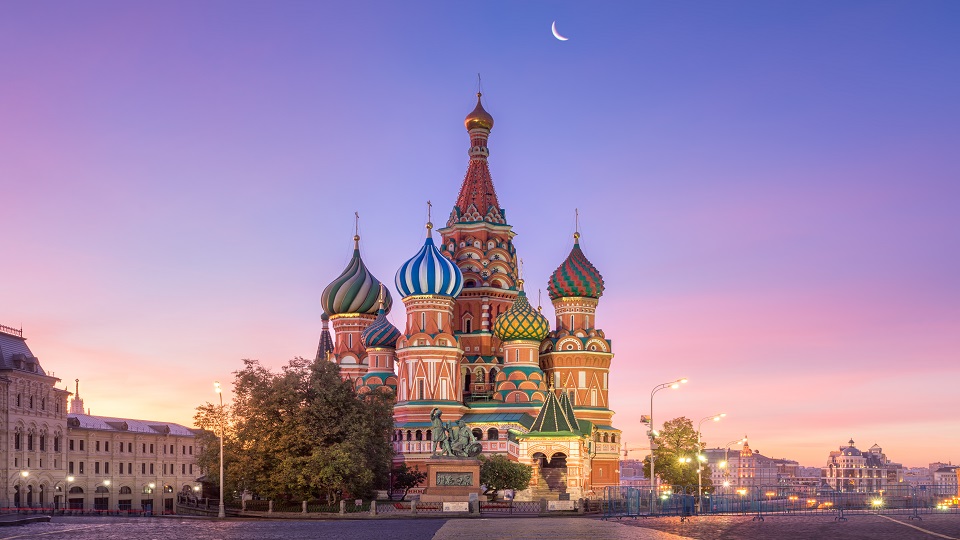The war between Ukraine and Russia is likely to be a long one. It is becoming obvious that the western states, and particularly the countries of Europe, will have to provide assistance on an unprecedented scale, amounting to a civilian and a military aid package. This would be similar to the Marshall Plan, the funding offered by the US after the second world war to help rebuild Europe.
Putin is pursuing a brutal policy of subjugating Ukraine. He regards his country as Ukraine’s historic imperial master. To stop the war, Ukraine may have to undertake never to join or cooperate with Nato. Putin is trying to weaken Ukraine as much as he can to reduce its value to the western world it is trying to join. He will seize as much Ukrainian territory as he thinks he can hold. From the new Russian territories in eastern and southern Ukraine, Putin will then hope to dominate the rump Ukrainian state and draw it into dependence on Russia.
There is a telling historical parallel from Soviet history for this policy. During the second world war, the Soviet dictator, Joseph Stalin, won the agreement of president Franklin Roosevelt and prime minister Winston Churchill to weaken the German empire – the great state founded by Bismarck in 1871 which extended from Alsace-Lorraine in modern-day France to Koenigsberg (now Kaliningrad) in modern-day Russia. To Stalin, Germany was not only a grave threat to the Soviet Union as the greatest European power, it was also part of the threat posed to the USSR by the entire capitalist world.
At their wartime conferences, in Tehran, Yalta and Potsdam, the leaders of the three Allies agreed that the German empire would be dismembered, thus greatly reducing its size. Much of its eastern territory would be given to Poland and the USSR. Poland lost territory in its east. The line marked by the Oder and Neisse rivers became the new Polish-German border. The ethnic German population of eastern Europe, approximately 12 million people, was expelled to the territory of the rump German empire, which consisted of Germany’s western and central regions.
Stalin initially hoped that the whole of Germany would become communist and fall into the USSR’s hands. When he realised that that would not happen, he established an East German state, the German Democratic Republic (GDR), in October 1949 – five months after the foundation of its western counterpart, the Federal Republic of Germany. Stalin and his successors as leaders of the USSR consistently hoped that the GDR would draw the people of the Federal Republic towards communism. It never succeeded in doing so. In 1989-1990 the people of East Germany overthrew the communist regime and voted to join the Federal Republic.
Ukraine was expected to fall
When the Russian invasion of Ukraine began in February this year, Putin expected that his army would overrun the country quickly, there would be little resistance, and the elected government would flee into exile. These hopes have been dashed. He is now trying to dismember Ukraine, seizing its eastern territories (the self-declared republics of Donetsk and Luhansk) and expelling elements of their populations which might not be loyal to Russia. This follows the 2014 seizure of Crimea, in the south of Ukraine.
Russian military commanders and government officials have claimed publicly that eastern and southern Ukraine will, from now on, belong to Russia forever. Russia’s minister for education, Sergei Kravtsov, recently announced that strict censorship would be introduced into the education system in eastern and southern Ukraine so that no anti-Russian sentiments could be expressed.
Russification (the policy of enforcing Russian culture on populations) appears to be being reinforced by ethnic cleansing. Last month the Ukrainian parliament’s commissioner for human rights, Liudmyla Denisova, informed the United Nations’ High Commissioner for Refugees, Filippo Grandi, that 1.3 million Ukrainians, including 223,000 children, had been forcibly deported to Russia.
Continues at…

For the full article, authored by Loughborough's Paul Maddrell, visit the Conversation webpage here.
